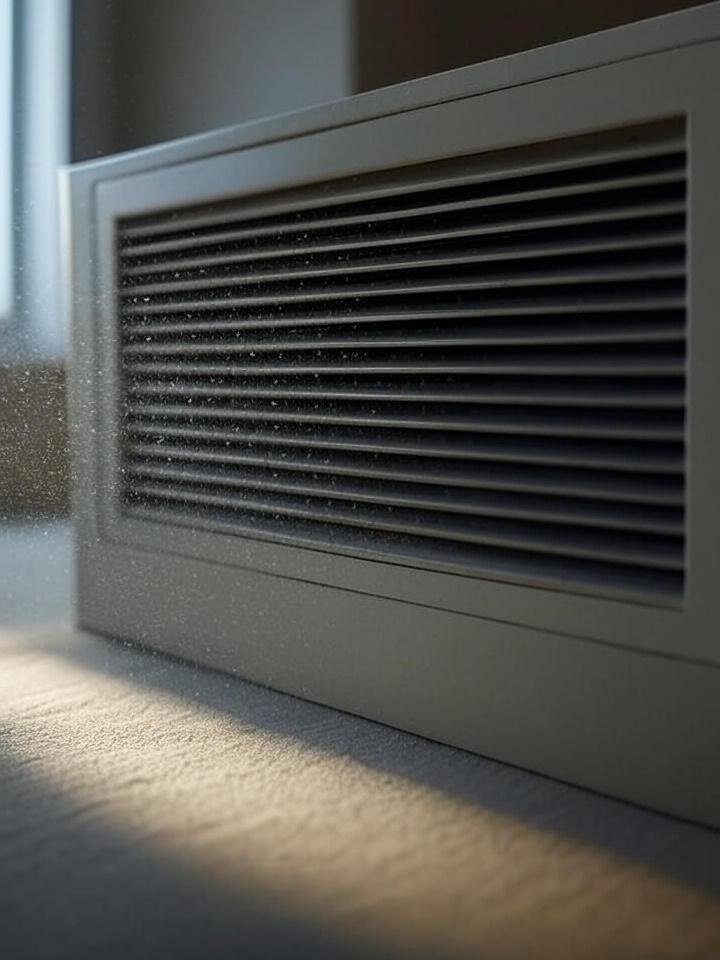
What Is Ventilation? A Complete Guide to Air Circulation Systems
Introduction
Ventilation is a crucial aspect of indoor air quality, energy efficiency, and overall health. But what is ventilation, and why is it so important? This guide will explain the basics of ventilation, its types, benefits, and how to improve airflow in your home or workplace.
What Is Ventilation?
Ventilation refers to the process of exchanging indoor air with fresh outdoor air to maintain air quality, control humidity, and remove pollutants. Proper ventilation ensures a continuous supply of clean air while expelling stale, contaminated, or moisture-laden air.
Why Is Ventilation Important?
Improves Indoor Air Quality (IAQ): Reduces allergens, dust, and volatile organic compounds (VOCs).
Prevents Mold & Moisture Buildup: Proper airflow helps control humidity levels.
Enhances Comfort & Health: Reduces stuffiness and prevents respiratory issues.
Increases Energy Efficiency: Balanced ventilation can lower heating and cooling costs.
Types of Ventilation Systems
There are three main types of ventilation:
1. Natural Ventilation
Relies on windows, doors, and passive airflow.
Cost-effective but less controllable.
2. Mechanical Ventilation
Uses fans, ducts, and exhaust systems.
Includes:
Exhaust Ventilation: Removes stale air (e.g., bathroom fans).
Supply Ventilation: Brings in fresh air via fans.
Balanced Ventilation: Combines intake and exhaust (e.g., HRVs and ERVs).
3. Hybrid (Mixed-Mode) Ventilation
Combines natural and mechanical methods for optimal efficiency.
How to Improve Ventilation in Your Home
Open Windows Regularly – Allows fresh air circulation.
Use Exhaust Fans – In kitchens and bathrooms to remove moisture.
Install an HRV/ERV System – Recovers heat while ventilating.
Check Air Filters – Replace HVAC filters every 1-3 months.
Seal Air Leaks – Prevents uncontrolled drafts while maintaining proper airflow.
Common Ventilation Problems & Solutions
Poor Airflow? Clean ducts and ensure vents are unobstructed.
Excess Humidity? Use dehumidifiers or improve exhaust ventilation.
Unpleasant Odors? Increase fresh air intake and use air purifiers.
Conclusion
Understanding what ventilation is helps you maintain a healthier, more comfortable living environment. Whether through natural or mechanical means, proper airflow is essential for air quality, energy efficiency, and overall well-being.

